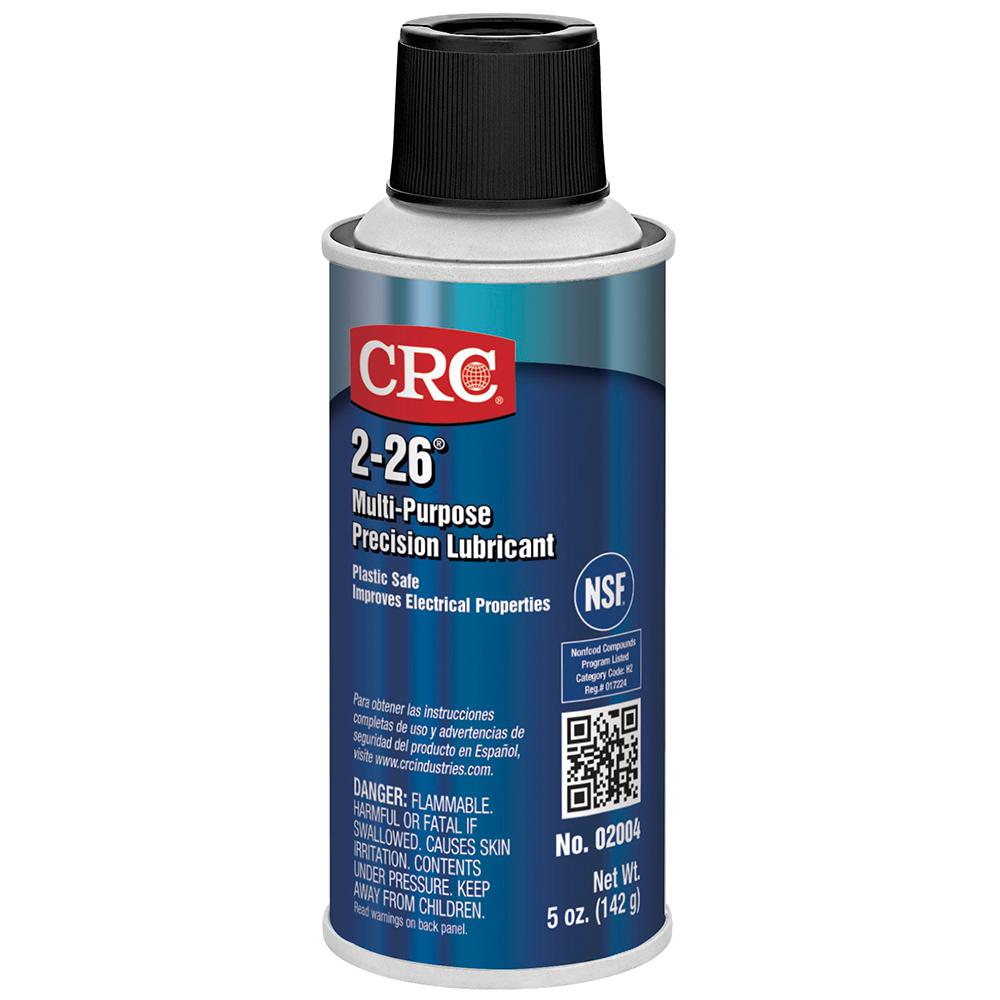The world of lubricants is a confusing place and even with good research you can reach some wrong conclusions. The world of electrical lubricants is even worse. The following are things I believe to be true, but based on all the other bad info I've found, I'm willing to change my beliefs at any time:
Superlube grease is not silicone grease. It's a PAO based lubricant thickened with fumed silica and 5 micron PTFE particles. IMO, it's one of the best things out there for both electrical and other uses. It should last a long time without thickening or changing in any way. I've contacted them and they do recommend it as an electrical lubricant.
Superlube oil with PTFE is good for places where you'd oil something, but I don't use it for contacts or pots, just bushings and rollers (like for tuner cords).
Superlube low viscosity oil without PTFE is great for sintered bearings, say in turntables or similar where you don't want PTFE particles.
Common #2 or thinner greases (and damping greases) do not lift contacts in operation. You'd think it was a risk, but at the scale and pressures it would be a rare occurrence.
It's essential to have a lubricant on contacts and on most pot tracks (but not all).
Vegetable and animal oils are usually better lubricants then petroleum oils. That's why they're commonly used in metalworking, lathe and mill work, drilling and tapping, etc. Unfortunately, with the exception of sperm whale oil that used to be used in clocks and watches and a few other exotic oils, they don't age well. They gum up, dry up, go rancid and are otherwise troublesome. Keep the lard out of your pots!
You'll rarely know exactly what materials are used for pot tracks. That means that all lubricant choices are a bit of a crap shoot in terms of long term compatibility.
Almost all greases are dielectric greases, insulators. In very thin films (like contacts and on pot wipers) there is no problem getting good low resistance contact.
Grease is generally a base oil, thickened with various soaps or other things. If you want to know about a grease, examine the base oil properties, then the thickener.
Damping greases are used in pots and can be designed into three different locations. They can go in the bushing and damp the shaft. They can go on the pot track itself, providing both lubrication and damping. They can go on a spring loaded rear disk, providing better damping because the radius is larger. Or any combination of the above.
Here are some links I've found useful, but follow the additional links and did deeper to learn anything. There is no one good source of info:
https://www.nyelubricants.com/connectors (read various linked items on page)
https://www.nyelubricants.com/stuff...e6f182944af7f1/en/lubenote_potentiometers.pdf
http://www.santolubes.com/industry/electronics/ (you can't afford this stuff, but it's probably the best there is)
http://www.aerosil.com/product/aerosil/en/products/ (sometimes used as a grease thickener, also in food products and cosmetics)
https://www.machinerylubrication.com/Read/30727/determine-grease-compatibility (watch out for grease compatibility if you don't clean well)
Don't forget that Caig has several greases with Deoxit. Haven't tried 'em yet.


